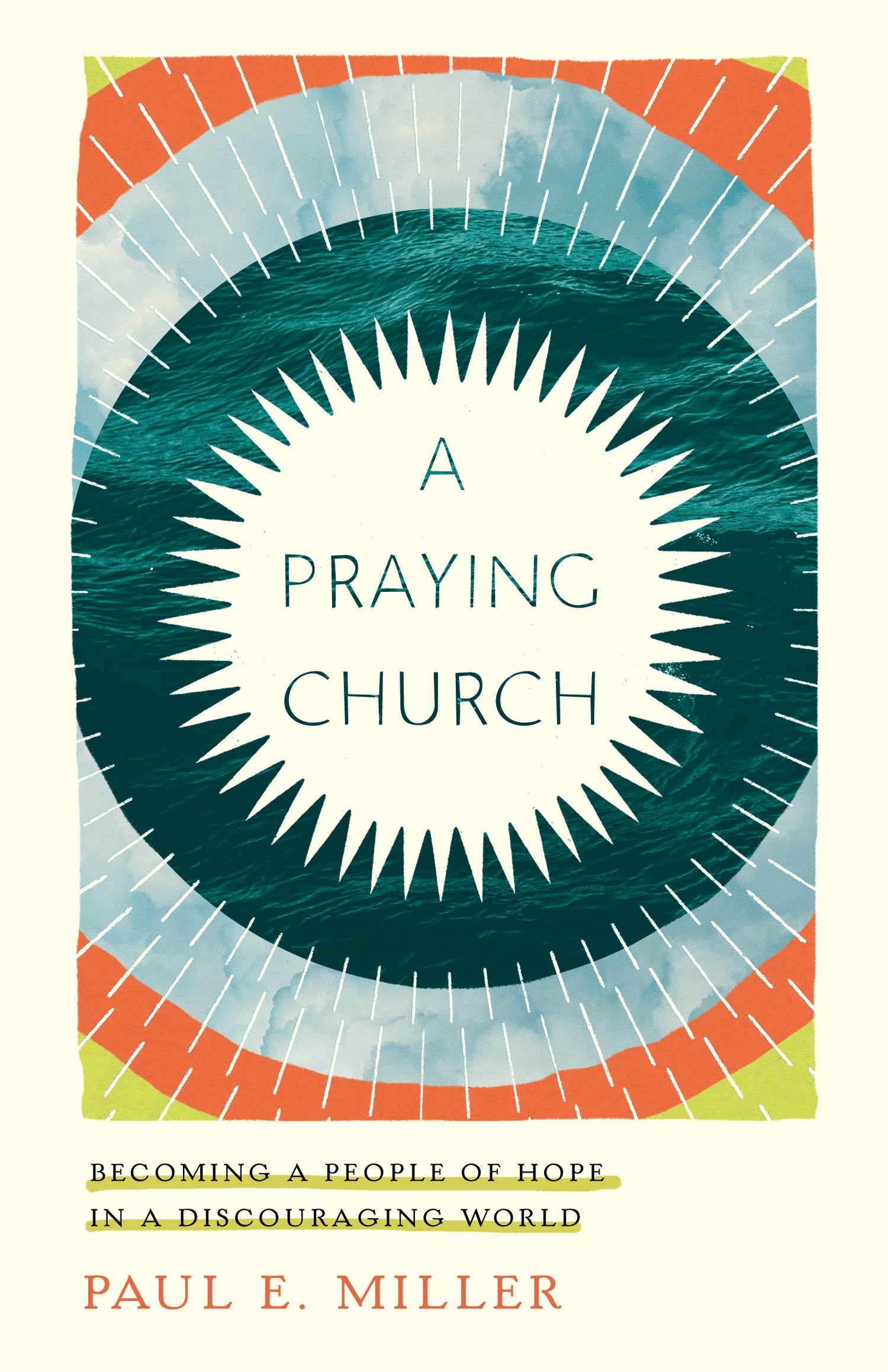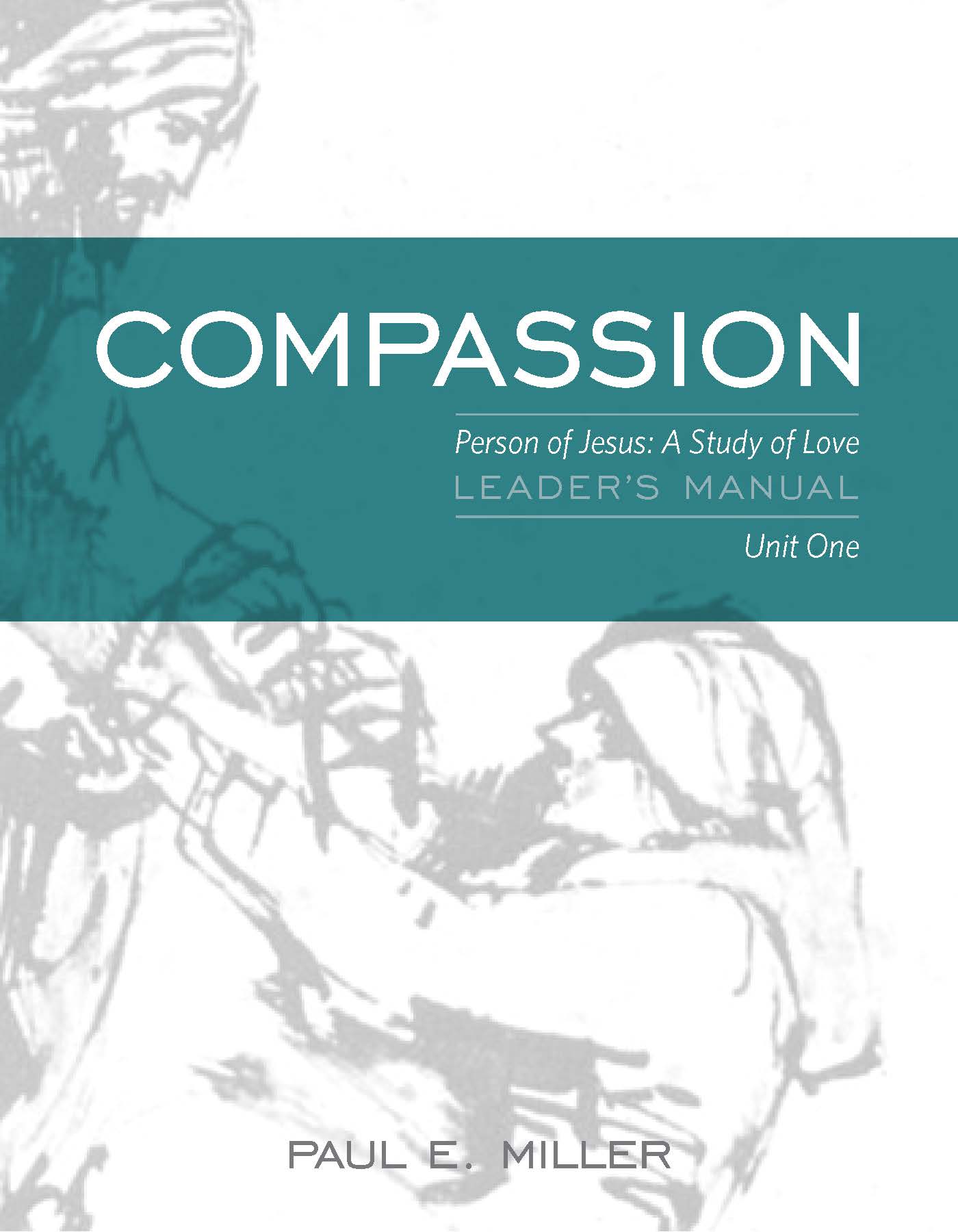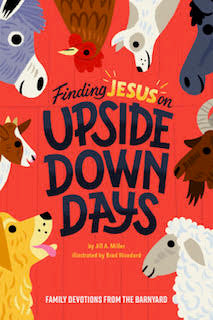Can people with intellectual disabilities be discipled? The church’s answer has been no. Only a small number of churches have Sunday school classes for children or adults with special needs, and very few have Bible studies for this group. There is very little discipleship material specifically geared for people with disabilities. As a result, of the nearly 1 billion people around the world who are disabled, it’s estimated that as few as 5-10 percent have heard the gospel.
While the church has struggled, Jesus sought out people with disabilities. A great many of his one-on-one interactions recorded in the gospels are with disabled people. Jesus instructs his disciples in the parable of the great feast: “Go out quickly into the streets and alleys of the town and bring in the poor, the crippled, the blind and the lame” (Luke 14:21). Not only are those affected by disability invited to hear the gospel message, Jesus says they’re a priority audience.
At the heart of the new Bethesda series is a longing to see the church follow Jesus’ footsteps into relationships with people affected by disability, and a conviction that people with intellectual disabilities can be discipled.
Jill Miller’s experience teaching her daughter Kim’s Sunday school class inspired her to create the Bethesda Series. Jill, a retired Special Education teacher says, “I’d found there just wasn’t much real ‘meat’ in the curriculum out there. Many people think that people with disability can’t think... but they can. So I decided I’d try adapting the Person of Jesus study and see how that went.”
Six years later, Jill is still teaching that Sunday school class, and people of all different “ability” levels have chosen to be part of it. One lawyer who participates in the class described it as “the place to be!”
In recent weeks, the class has been going through the story of the Prodigal Son. On hearing how the Father welcomed the son back home, one student, Libby, exclaimed, “That’s crazy!” While sometimes lost on “able” and experienced Christians, the stunning truth of the story was plainly clear to Libby. The mother of one of the students shared with Jill: “This is the first time in my son’s life that he is being truly discipled. I can see him growing and I am thrilled!” Jill says of the students in the class, “They ‘get it’ just as much as I get it—in some ways, they get it more.”
Not only are people affected by disability able to be discipled—they have much to teach “able” people about honesty, dependence, and how God’s power is made perfect in weakness. Their presence and ministry in our churches enables the Church to better reflect the beauty of the bridegroom.
We’ve just released the first study in the Bethesda series—Compassion. It is designed to engage people of all ability levels in studying the Bible. Students read a passage from the Bible and role-play or use puppets to retell it. The study provides resources that equip leaders to help students understand and apply the teaching.
If you would like help from our team in starting a Bethesda group near you, contact us — we’d love to pray for you and/or come to a training that you host.








